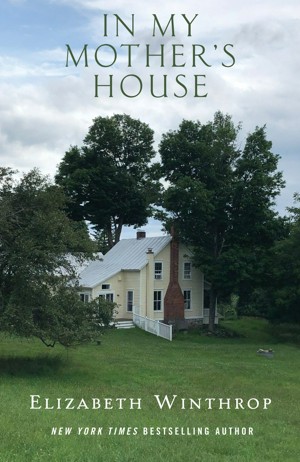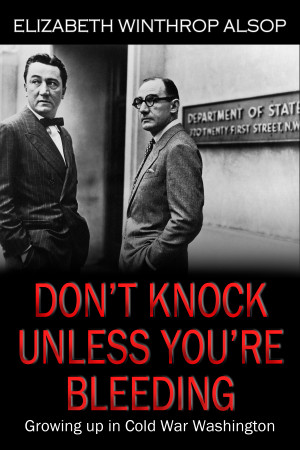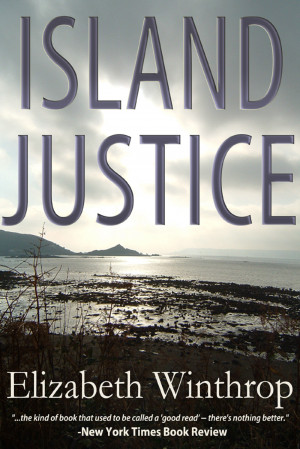Share with Friends
Interview with Elizabeth Winthrop Alsop
Published 2020-10-08.
Smashwords Interviews are created by the profiled author or publisher.
Books by This Author
In My Mother's House
by Elizabeth Winthrop Alsop
Price:
$3.99 USD.
Words: 195,090.
Language:
English.
Published: August 25, 2020
.
Categories:
Fiction » Women's fiction » General
A compelling novel of mothers and daughters torn apart by loss and twisted emotions, In My Mother’s House sweeps from the brownstones of turn-of-the-century New York to the stately farmlands of Connecticut, to explore a woman’s shame, a family’s deceit, and a final act of love.
Don't Knock Unless You're Bleeding, Growing Up in Cold War Washington
by Elizabeth Winthrop Alsop
Price:
$2.99 USD.
Words: 13,810.
Language:
English.
Published: August 14, 2012
.
Categories:
Nonfiction » Biography » Autobiographies & Memoirs, Essay » Political
A memoir about the Alsop brothers who recorded and influenced American history in the 1950s and ‘60s.
Island Justice
by Elizabeth Winthrop Alsop
Price:
$3.99 USD.
Words: 134,080.
Language:
English.
Published: April 22, 2012
.
Categories:
Fiction » Women's fiction » General, Fiction » Romance » Contemporary
A compelling psychological thriller set in an isolated island community where one woman struggles to trust the pulls of her heart while forcing the islanders to face their collective conscience and the true meaning of justice. A beautifully observed novel in the tradition of Anne Tyler and Alice Hoffman, selected by People Magazine, Cosmopolitan and Good Housekeeping as a great beach read.



